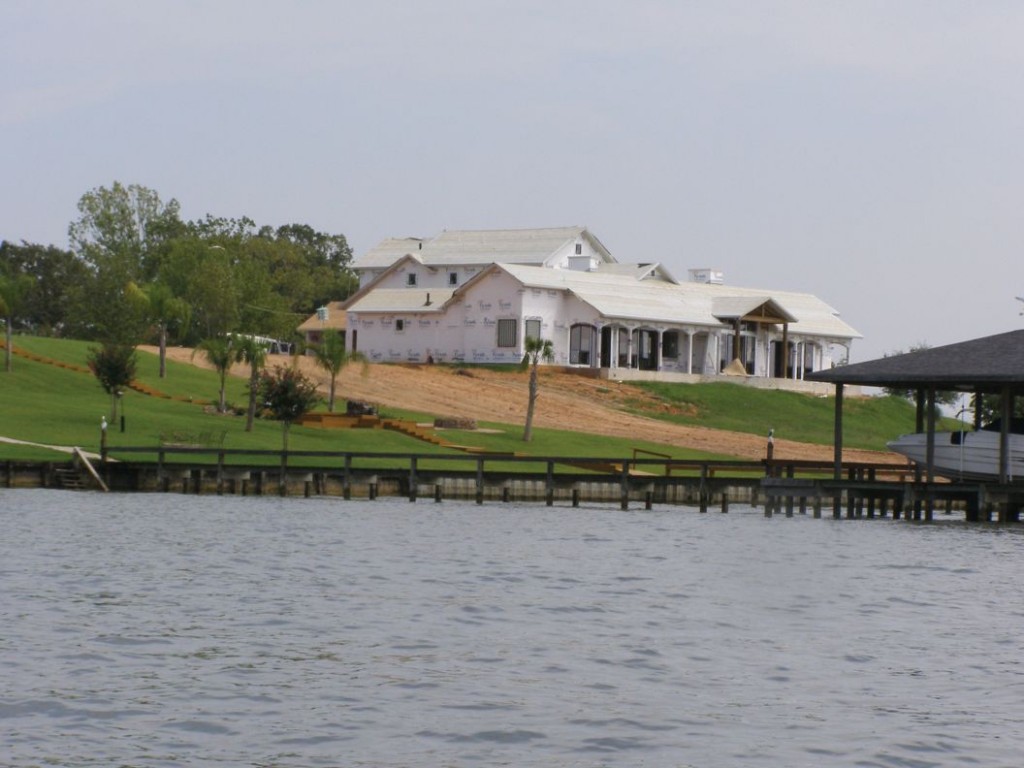
Planning for future hazards is a “policy without a public”. Today, many more people are in harm’s way in hazardous coastal environments, without much of a disposition to have limits imposed on their activities in terms of where new development goes or how it is built. At the same time, there exists a greater expectation that the government can or should “fix” problems like flooding.
A recent study of floodplain residents in New York City, attempted to assess how people perceive and react to low-probability/high-consequence storms. It found that people tend to overestimate their flood probability (possibly due to the recent storms, Hurricanes Irene (2011) and Sandy (2012) in that area), but underestimate their potential flood damage. It also found that trust in the capacity of authority figures to mitigate flood damage resulted in lower estimates of potential flood damage. In general, those who had previously experienced storms had a higher flood risk awareness, and a greater sense of concern for future flooding.
People tend to underestimate the damages and dangers of flooding and hurricanes, especially when they have never experienced it. Because of this, they may not value risk-planning for known dangers like hurricanes, let alone harder to conceptualize threats such as climate change.
Government policy in the last 60 years has encouraged growth in low-lying areas through structural protection, subsidized flood insurance, and after-the-fact disaster aid. Further population growth in coastal areas is as inevitable as the damage from hurricanes. How and where we grow dictates how well we adapt to increasing coastal flood risks.
Facilitating Resilience in a Community
Learn more about the stakeholders and their roles in developing a comprehensive hazard mitigation plan.
Planning and Assessment: the Backbone of Coastal Resiliency
Learn more about the importance of land use planning and vulnerability assessments and why they lead to great resiliency.
Compact Urbanism: A New Paradigm for Coastal Cities?
Learn more about how adopting compact urban form may create a more resilient city.



